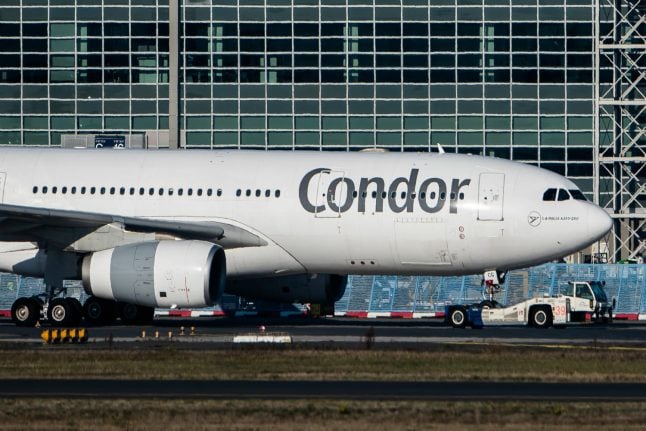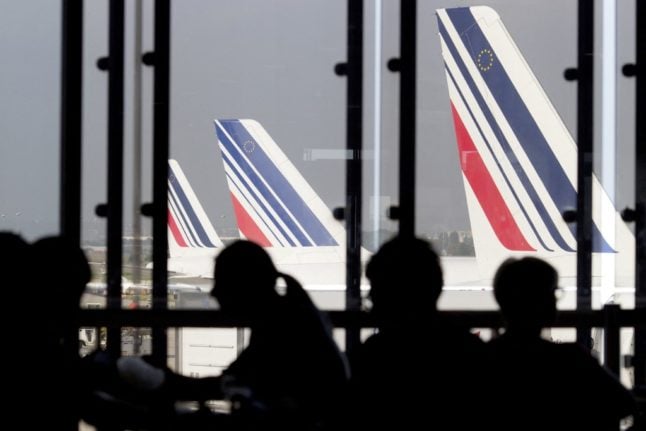Underlining that it had been “profitable for many years,” the airline added that “to prevent liquidity bottlenecks at Condor, it has applied for a state-guaranteed bridging loan” which is being examined in Berlin.
“We're continuing to concentrate on what we do best: flying our guests safely and punctually to their holidays,” said managing director Ralf Teckentrup.
Thomas Cook's German arm told DPA that around 140,000 German tourists are currently on holiday with the travel group and its subsidiaries.
Around 21,000 had been scheduled for departure on Monday and Tuesday, the
company added.
Thomas Cook declared bankruptcy Monday after failing to secure a last-ditch rescue deal worth £200 million (€227 million) from private investors to avert collapse.
Some 600,000 tourists are reportedly stranded worldwide, with the British government hiring planes to fly home some of its roughly 150,000 affected citizens.
The fall of the 178-year-old operator will put around 22,000 people worldwide out of a job.
It has long struggled against fierce online competition, while blaming Brexit uncertainty for a recent drop in bookings.

Graph translated for The Local by Statista.
Condor, founded in 1955, has been part of the group that would later become Thomas Cook since 1997.
The airline carries around eight million passengers per year to more than 100 destinations around the world.



 Please whitelist us to continue reading.
Please whitelist us to continue reading.
Member comments